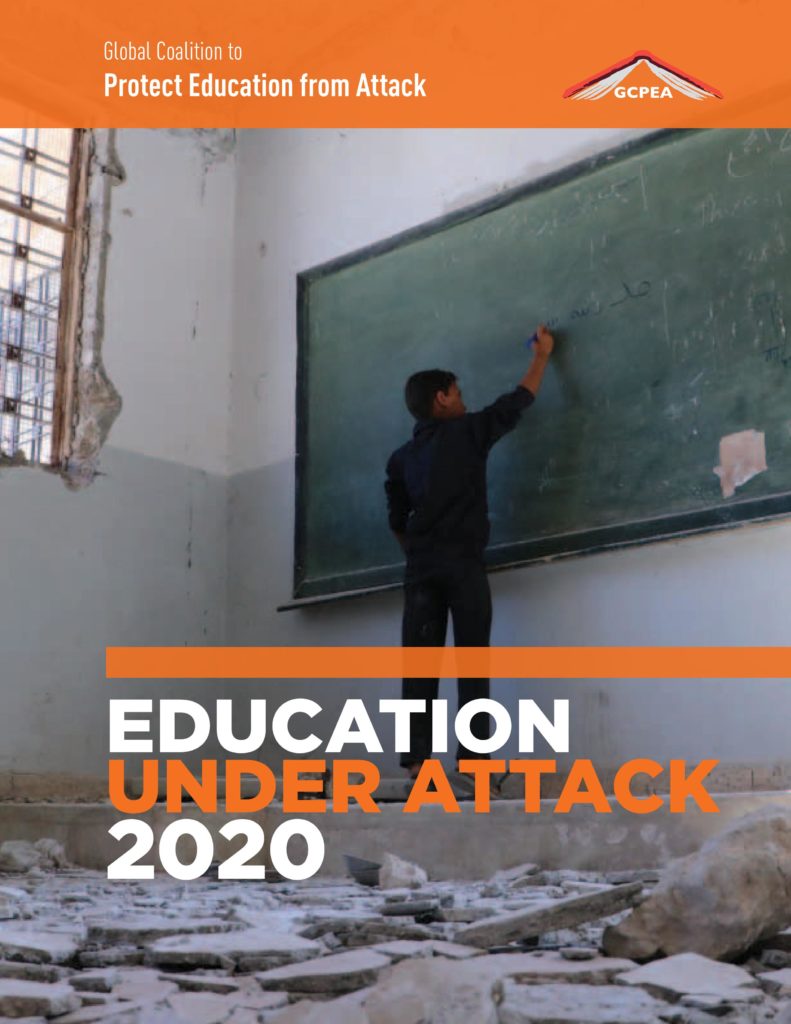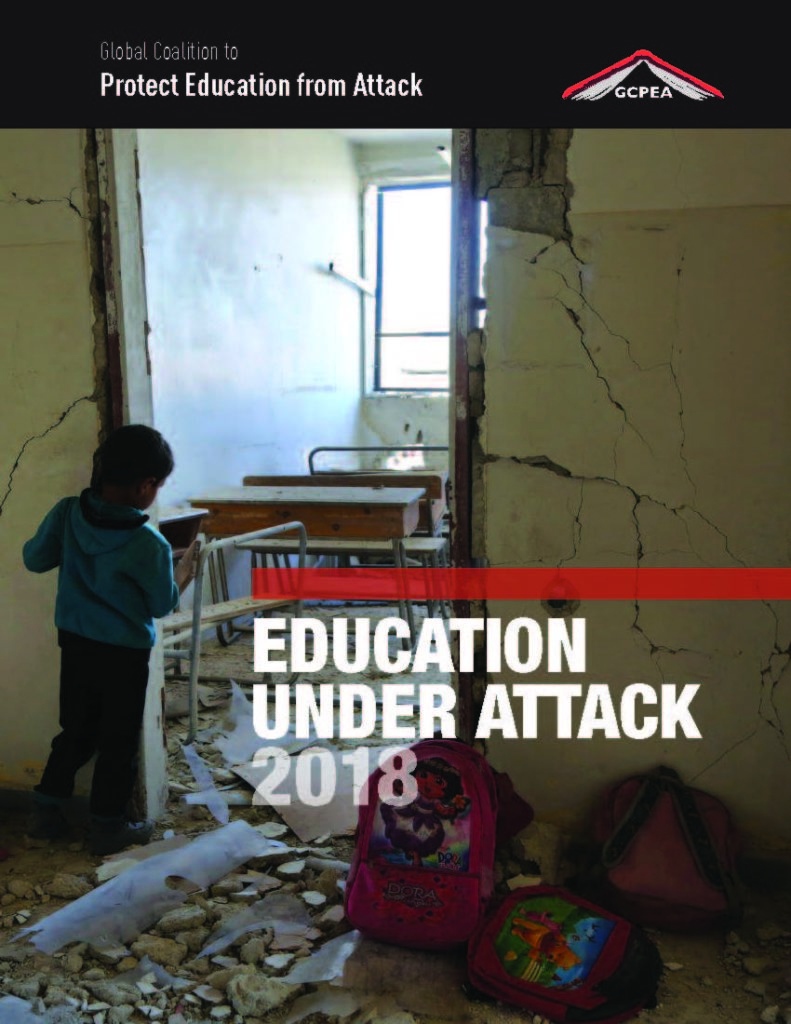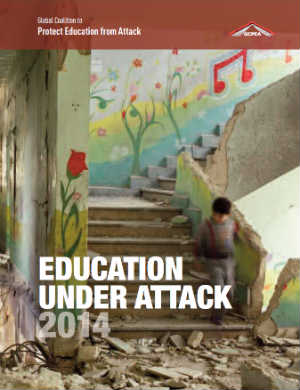Strengthening monitoring and reporting of attacks on education
While monitoring and reporting on attacks on education and military use has significantly improved in recent years, important data gaps remain. Reporting systems may be absent, weak, or disconnected from effective responses. Monitors, as well as victims or witnesses, may face threats to their safety, or insecurity may prevent monitors from accessing areas where attacks occur. As such, many attacks and incidents of military use go unreported, undermining efforts to calculate their prevalence.
Even when reporting mechanisms exist, data is often not disaggregated by gender, age, location, type of attack, or perpetrator. Violations such as child recruitment and sexual violence occurring in an educational context often go underreported. The impacts of attacks on education and military use – such as school days lost, students leaving school and not resuming studies, and school closures – remain difficult to calculate due to such gaps.
To address these challenges and improve data collection, GCPEA documents attacks on education, and provides technical guidance and convenes an expert reference group. Detailed reporting on attacks increases understanding of their prevalence, enables evidence-based prevention and response, and strengthens accountability.
The Education under Attack series
Education under Attack is GCPEA’s flagship report; it is the most comprehensive and rigorous source of data and analysis on attacks on education and military use of schools and universities. The Education under Attack series has successfully placed attacks on education on the global agenda.
The most recent report, Education under Attack 2024 identifies global trends and includes profiles of 28 countries.
- In the context of United Nation’s (UN) Sustainable Development Goal 4 (SDG 4), Quality Education, the series serves as the primary source for reporting on indicator 4.a.3 on attacks on students, education personnel, and educational institutions carried out by armed forces or non-state armed groups.
- GCPEA’s Education under Attack data is publicly available on the OCHA Humanitarian Data Exchange and the TRACE Data Portal.
- Education under Attack 2007 (then published by UNESCO) was the first major document specifically addressing worldwide attacks on students, teachers, and educational institutions.
- The more extensive 2010 volume served as a crucial advocacy tool in the lead up to Security Council Resolution 1998 (2011), which made attacks on schools and hospitals a trigger offense to the UN monitoring and reporting mechanism on children and armed conflict.
- The 2014, 2018, 2020, 2022, and 2024 additions have continued to strengthen monitoring and reporting of attacks on education by highlighting examples of strong data collection and including policy recommendations for States, monitoring bodies, and funders.
In addition, since 2019, GCPEA has partnered with Insecurity Insight to produce the Education in Danger Monthly News Brief which makes data on attacks on education available on a regular basis.
Technical Guidance
GCPEA’s Toolkit for Collecting and Analyzing Data on Attacks on Education is a technical guide for partners in government, civil society, and the Education in Emergencies and Child Protection fields. The Toolkit provides guidance for collecting, analyzing, and reporting data so that the scope and impact of attacks on and military use of educational facilities is better understood and addressed.
The Toolkit furthers GCPEA’s work to harmonize definitions of attacks on education and supports national governments and partners to monitor and report on attacks, and prevent and respond to them when they occur. GCPEA has conducted orientations on the Toolkit with governments, international organizations, and civil society.
Reference Group
GCPEA works with academics, field-based practitioners, and other experts from the conflict, human rights, and education in emergencies fields to strengthen monitoring and reporting. In November 2018, GCPEA created an Expert Reference Group to provide guidance on the measurement and analysis of attacks on education and how the severity of such violations is best assessed in given countries. This Group supports GCPEA’s efforts to create a global standard for reporting on attacks on education.
Recommendations
The Coalition urges States, local organizations, and relevant international agencies to:







